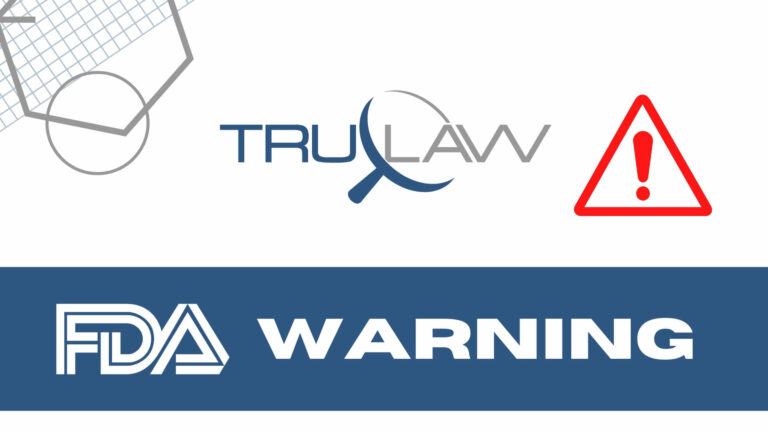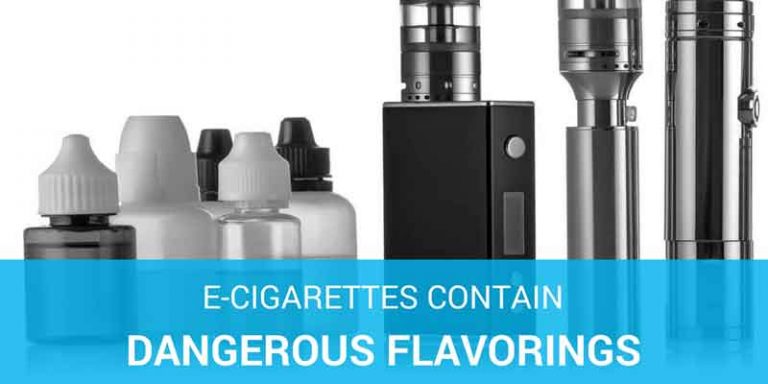
FDA warns – C&A Naturistics recalls AK Forte supplement after FDA analysis finds contamination with prescription drugs
The California company C&A Naturistics is recalling its AK Forte supplement in response to a recent analysis that found undisclosed drugs in the product. According to the FDA, the company announced the recall last Thursday. The recalled product was sold online via Ebay and Etsy



